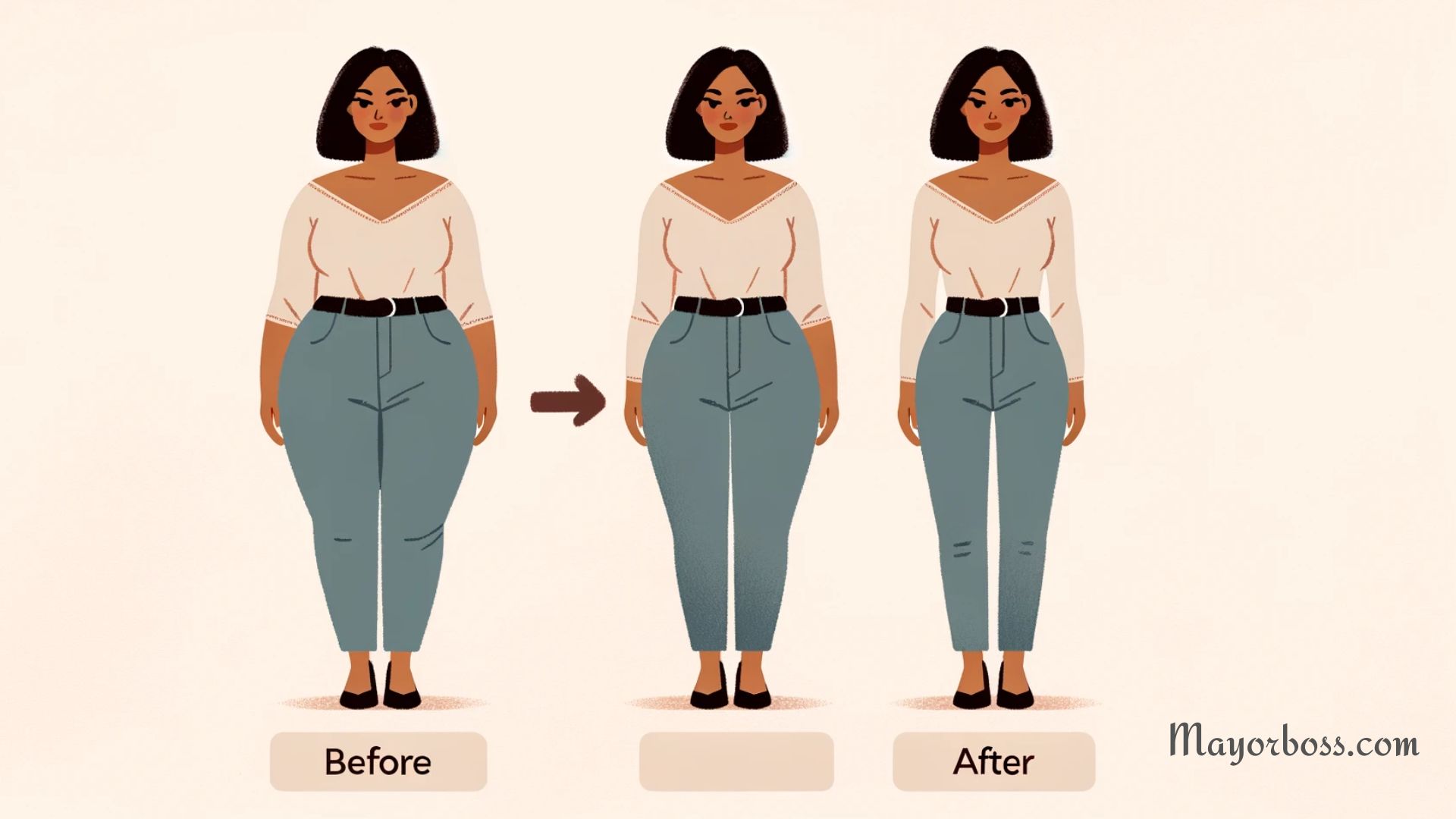Are You at Risk for Vitamin Deficiency? Take This Quiz to Find Out
Vitamins are organic compounds that, in tiny amounts, perform vital roles within our bodies. They’re indispensable for growth, development, and good health. Since our bodies can’t synthesize most vitamins, the solution is obvious: we have to obtain them from our diets. Unfortunately, many people fall short, which can increase their risk of a whole host of health problems. But how do you know if you’re at risk?
This article not only discusses the importance of vitamins and common signs of deficiency but also includes an interactive quiz. By taking this quiz, you’ll get a better idea of whether you might be at risk for vitamin deficiencies. Plus, we’ll share some tips on how to improve your vitamin intake.

Why Vitamins Matter
Vitamins may be small, but they’re mighty. They participate in an astonishing array of bodily functions, including:
- Immunity: Vitamins A, C, and D help keep the immune system strong.
- Vision: Vitamin A plays a crucial role in maintaining healthy vision.
- Bone health: Vitamins D and K aid in building and maintaining strong bones.
- Energy production: B vitamins are necessary for converting food into energy.
- Cell repair: Vitamins C and E act as antioxidants, protecting cells against damaging free radicals.
Are you curious about your risk for vitamin deficiency? Take the quiz below to find out. Simply answer “Yes” or “No” to each question and click “Calculate Score” to see your results.
Are You at Risk for Vitamin Deficiency? Take This Quiz to Find Out
How to Enhance Your Vitamin Intake
Regardless of your quiz results, it’s always a smart move to ensure you’re getting enough vitamins. Here are the best ways to improve your vitamin intake:
1. Focus on Whole Foods
- A Rainbow of Fruits and Veggies: These are your vitamin powerhouses. Leafy greens, brightly colored vegetables, and various fruits offer a diverse spectrum of essential vitamins and minerals. Aim for at least 5 servings of fruits and vegetables daily, using nature’s color palette as your guide.
- Whole over Processed: Opt for whole grains instead of refined ones. Brown rice, quinoa, and whole-wheat bread supply more vitamins (and fiber) than their white counterparts.
- Protein Power: Lean meats, poultry, fish, beans, lentils, eggs, nuts, and seeds offer an array of vitamins, especially those in the B-complex group.
2. Consider Supplementation
Dietary supplements can sometimes be helpful in filling nutritional gaps. However, remember they should not take the place of a well-balanced diet. Consult with your doctor or a registered dietitian to determine if supplements are right for you.
- Common Types: Multivitamins, vitamin D, calcium, and iron are frequently used supplements.
3. Smart Food Preparation
The way you store and prepare your food can impact vitamin content:
- Fresh is Best: Whenever possible, choose fresh or frozen produce over canned, as the canning process can reduce vitamin levels.
- Store Carefully: Protect light-sensitive vitamins by storing fruits and vegetables in dark, cool places.
- Minimize Cooking Time: Opt for steaming, stir-frying, or roasting vegetables instead of boiling to preserve their vitamins.
Important Considerations Before Taking Vitamin Supplements
While vitamins are essential, more isn’t always better. Megadoses of certain vitamins can be harmful. Here’s what you should keep in mind about supplements:
- Not a Cure-All: Supplements shouldn’t be viewed as magical solutions for poor dietary habits.
- Talk to Your Doctor: Always speak with your healthcare provider before starting any new supplement, especially if you take medication or have any medical conditions.
- Potential Interactions: Some vitamins and supplements can interact with medications, so being informed is crucial.
Frequently Asked Questions (FAQs)
1. How do I know if I have a vitamin deficiency?
Some common signs include fatigue, weakness, mouth sores, hair loss, or skin problems. However, blood tests are the most reliable way to diagnose a deficiency. Consult your doctor for evaluation.
2. Can I get enough vitamins from food alone?
Usually, yes! A balanced diet rich in whole foods should provide most people with the vitamins they need. That said, specific needs may vary based on age, health conditions, and dietary restrictions.
3. Are all vitamin supplements created equal?
No. Choose reputable brands that use high-quality ingredients and look for third-party certifications like USP (United States Pharmacopeia).






